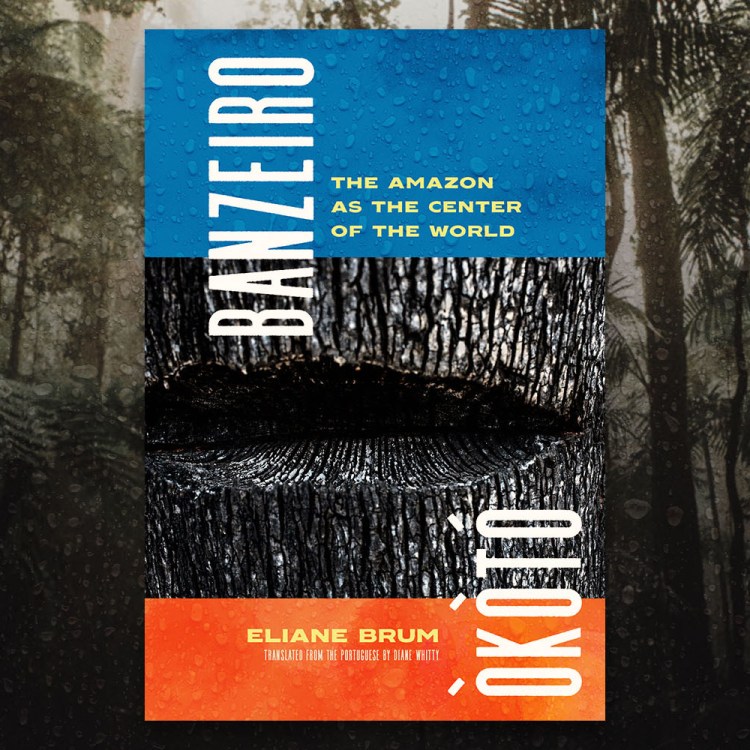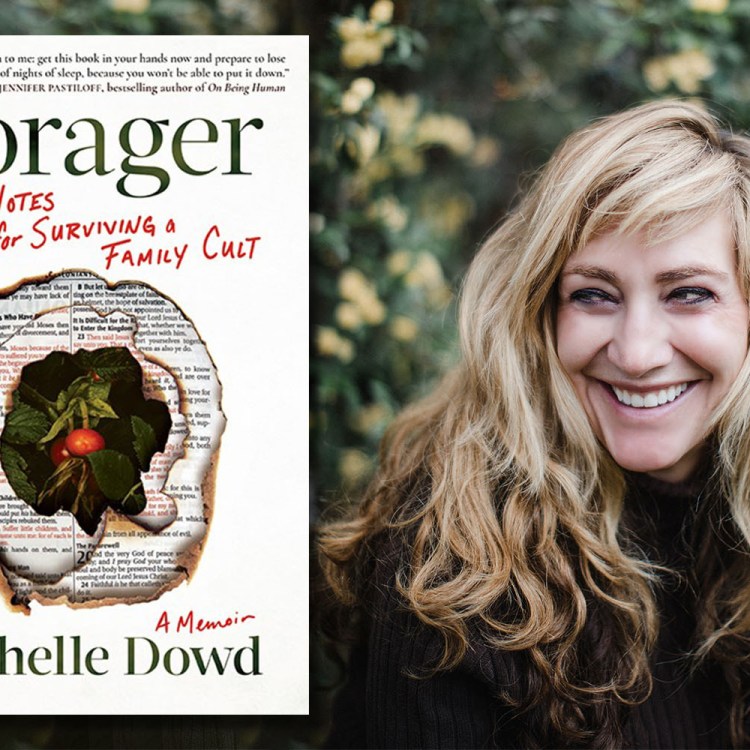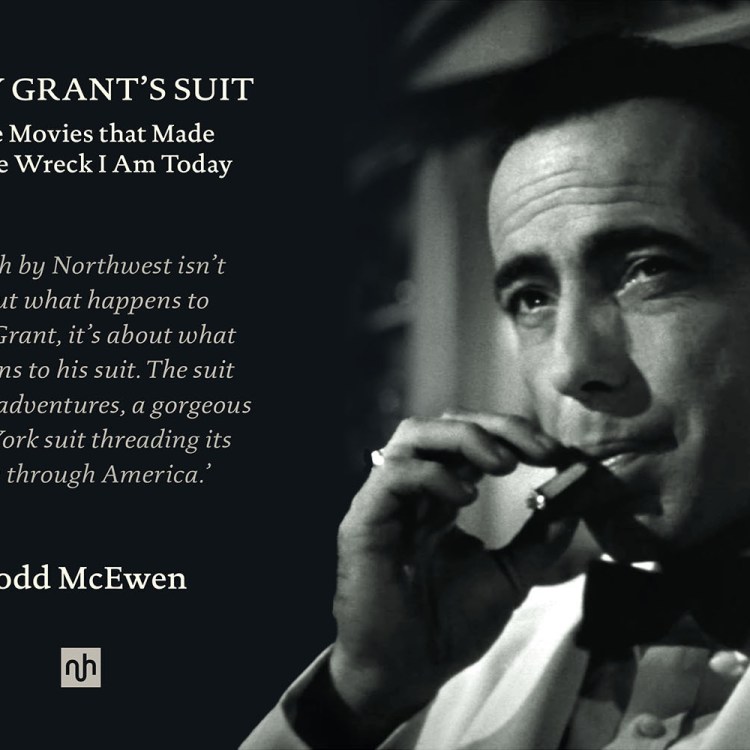Chapter One is RealClearLife’s conversation with debut authors about their new books, the people, places, and moments that inspire them, and the work that makes their literary hearts sing.
Drunken “watchman” Mikel Cardell is unceremoniously roused from his mid-afternoon slumber on a fall day in 1793 by a group of kids who’ve spotted a body floating in the Larder, a symbolically decrepit lake on Stockholm’s Southern Isle. The gruesomely torn apart corpse that Cardell fishes out forces him to connect with “incorruptible lawyer,” Cecil Winge, perhaps the only person in Sweden who sees value left in Cardell, setting up the adventure the pair will embark upon in author Niklas Natt och Dag’s The Wolf and the Watchman. The book is a race against time from that point on as Winge’s failing health puts an expiration date on their investigation, one that draws them into the underbelly of a crumbling and corrupt monarchy that rules over a paranoid nation divided by money and defined by greed.
“The Wolf and the Watchman” by Swedish author Niklas Natt och Dag is a mystery set in 1793.RealClearLife: Can you talk a bit about why you chose to set your story at this point in history? What was it about the 18th Century that attracted you?
Niklas Natt och Dag: I first became exposed to an 18th century Swedish poet and composer called Carl Michael Bellman in my early teens. Bellman wrote two large song cycles chronicling the lives of the poor, the drunk, and the destitute in his native Stockholm. As Bellman grew older, more serious themes started seeping into his texts, and the finished work is full of sublime moments where he brings us face to face with the terms of our existence—life is brief and often painful, love is fleeting, time robs us of everything we hold dear—but look, your glass is full, tonight we drink in the moment, we are immortal and while our revelry lasts our sorrows be damned. Bellman’s scenes from life in Stockholm formed the basis for the book.
RCL: There are many very gruesome, graphic and sometimes even difficult to read passages in the book—were you worried at all about how they would be received?
NNOD: As a child, I was often scared and nervous, irrationally so [as] I had a very safe upbringing. Part of the magic of literature is that it allows us to process complex emotions in a safe environment, and I started reading a lot of horror fiction. Exploring fear by reading ultimately made me less afraid, but it also put its mark on me permanently, and initially I was quite surprised that some people found the book extreme; my reading habits have simply calibrated me differently. Even so, I have no interest in portraying violence and atrocity in a gratuitous or exploitative manner. The horrors of The Wolf and the Watchman exist to render concrete the abhorrent injustice of the society where the story takes place, and to that effect I hope the reader will find those scenes justified in all their ugliness.
RCL: Was it difficult to jump into the mindsets of four different people, points of view and in conflicting chronology?
NNOD: Not difficult per se, since they quickly became very real people to me. But of course I was quite anxious about how readers would find in particular my female protagonist, fearing that my portrayal of a teenage 18th-century girl would only serve to make it obvious that I’m actually a 40-year-old, 21st-century man. As for chronology, I belong to a generation raised by Quentin Tarantino, so fractured timelines have always seemed quite a natural way to tell a story, as far as I’m concerned. The things that I found most difficult were the stuff I imagine they teach you right off the bat at creative writing courses: What tense to write in? Do you have to describe every single detail of a certain character’s day, or will the reader accept that there are some hours missing?
RCL: How did you make decisions on what to keep historically accurate in your book versus the parts that got to play out in your imagination?
NNOD: The common denominator I’ve found in all the works I’ve read and loved most is that they are all overworked to the point of insanity. Cormac McCarthy supposedly learned Spanish to get at all the source material he needed to make Blood Meridian the masterpiece that it is, Umberto Eco was a scholar specializing in medieval history who plunged a lifetime of studies into The Name of the Rose. I wanted to follow their example to the best of my ability, and anyway there really was no excuse except laziness not to; the sources are many and quite readily available. In the end, it wasn’t even a problem to impose my imagination on 18th century Stockholm—it imposed itself on my imagination, and the source material molded my original ideas into something far better.
RCL: Did you always want to be a writer? Have books and stories always played a large role in your life?
NNOD: I was a lonely child, and I turned to reading for company and comfort. Books never failed, they were always there and could always be depended on. I found them to contain a form of magic that defied the laws of time and space: Suddenly you would find yourself in a very intimate relationship with someone distant or deceased, someone with whom you had nothing more in common than the fact that the words he [wrote] came alive in your head. It was obvious to me that being an author was the greatest thing one could aspire to be, a company to those who had none. Since that became my dream so early on, I always feared that once I started writing, the only thing I would achieve would be to prove beyond a doubt that the dream was beyond my reach. So I waited a long time, and instead became a journalist, and found a creative outlet that way for about fifteen years. All things considered, I’m glad I waited. It took me a long time to get ready, and I needed the practice.
RCL: What’s it like to have a book published in 30 different countries?
NNOD: I remember first being contacted by my literary agency at a point where the book was not even published in Sweden yet, and not really understanding what they wanted from me at all: Why would a piece of historical fiction about Stockholm in the year 1793 ever hold any interest outside of Sweden? Or even inside of Sweden, as far as I knew. So I was very surprised by what happened, to say the least. Of course I’m happy about it, but also wary of that kind of joy. It rather feels like something absurd that has happened to me, and the last thing I want is for outside circumstances, fortuitous as they may be, to change who I am or how I write. I’d like the love of writing to remain the sole lodestone, and I think any other way will eventually lead to creative bankruptcy. So while I can’t help feeling disproportionately rewarded for my work, along with a certain degree of shame towards all the great authors whom chance passed over, I try not to think about it too much.
This article was featured in the InsideHook newsletter. Sign up now.






















